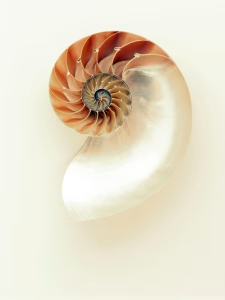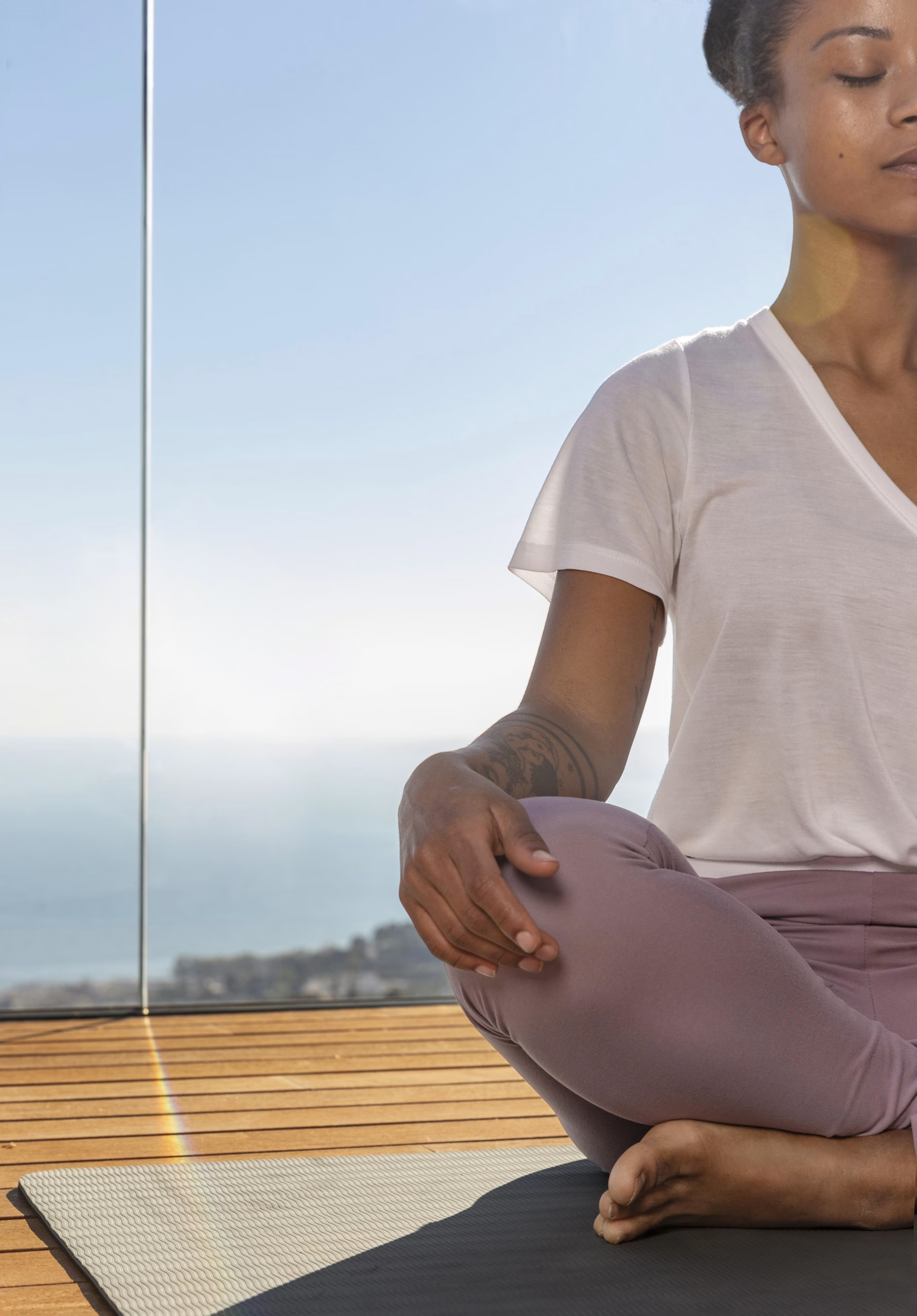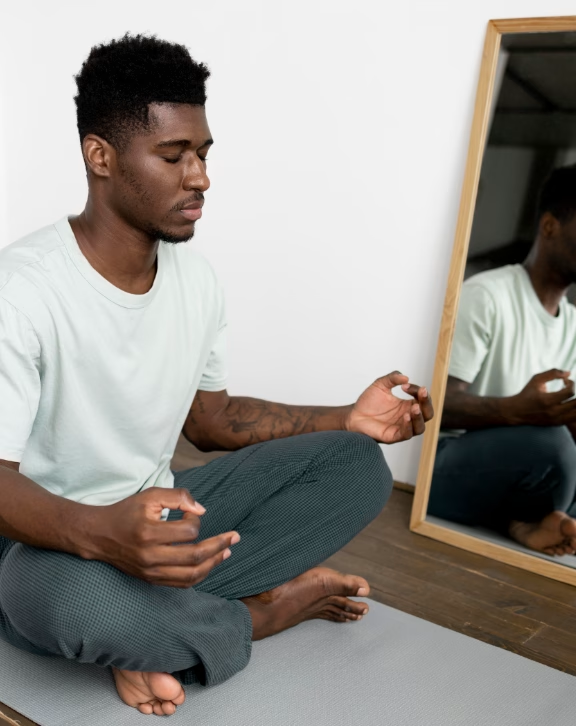Meditation
Meditation has the power to cultivate inner stillness and peace within a person, and to help them discover unity behind and through diversity.
As such it is a sacred and integral part of the journey to fulfilment.
Philosophy students are normally invited to take up meditation after 5 terms of study in the School.

Benefits of Meditation
Hover over each icon to see the benefits
The School helped pioneer meditation in the west in the early 1960s.
Since then it has encouraged its students to take up the practice and supported them to incorporate it into their lives.
The School in Johannesburg has made Meditation available to its students since 1964.
Details about the Meditation offered by the School
FAQ
Meditation is not a religion and involves no set of beliefs or creeds – although meditation techniques are used by many religions. Many who practise meditation often find that with time it leads to a greater appreciation of the true, undifferentiated essence which is expressed in the world’s great teachings, including the religious teachings.
Meditation plays one part in leading a centred, full, happy and satisfying life. Getting the knowledge of what to do and how to live plays another part. The third factor is putting the knowledge and the Self-awareness into practise in everyday life. No one ‘pillar’ stands alone – all three are needed to achieve the aim.
In the very first class of the Philosophy Introductory Course the Awareness Exercise is practised, eternal knowledge is presented and advice is given to put into practise what has been heard.
Meditation is not offered as a standalone course.
Meditation is a fundamental part of the School’s approach beyond Part 6 and is practised whenever the Group meets. It is supported by tutorials, specific guidance and group discussion. Because this support relates specifically to the School’s mantra-based meditation, it would be impractical for people to be using a variety of methods. Of course our students are free to practise at home whatever they find useful. However, in the interests of the group overall, use of the School meditation method is a requirement for Part 6 onwards.
Students are welcome to continue studying modules 2-5, for as long as they wish.
What Students Say
Rene
The first ten weeks of the meditation course was truly amazing. I am a calmer more focused person. I am able to handle stress so much better.
Lucas
I never felt this connected to myself than while attending the meditation class. At times I felt like I was really in heaven. This is a must for everyone!







